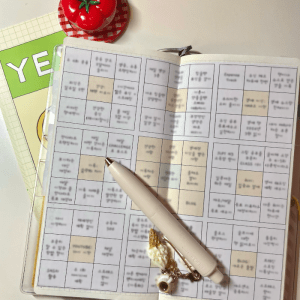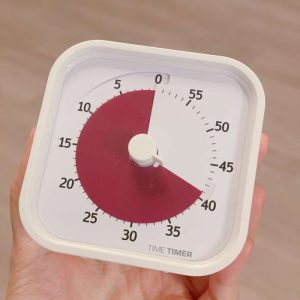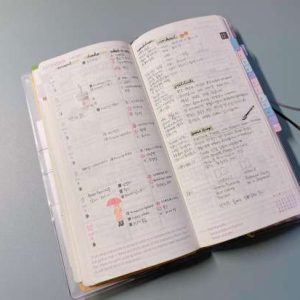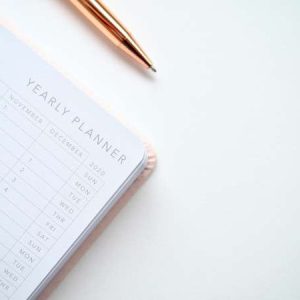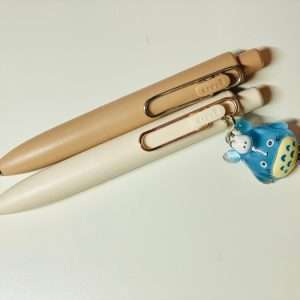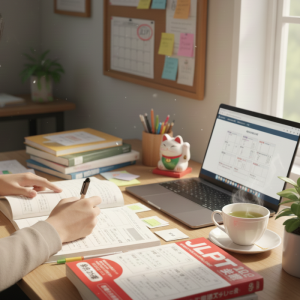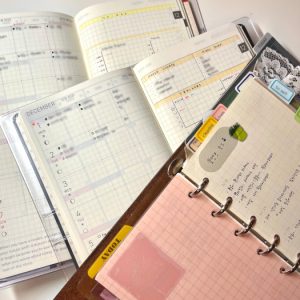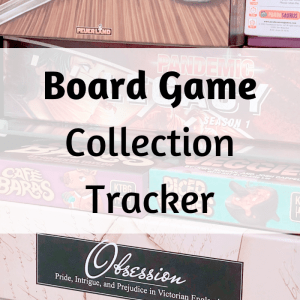How to Declutter Your Space: 6 Easy and Simple Decluttering Tips
Decluttering might feel overwhelming at first, but it doesn’t have to be. When done right, it helps you take control of your home and create a calm, functional space. A clutter-free home isn’t just about aesthetics—it supports your well-being by improving focus, efficiency, and peace of mind.
Many people feel overwhelmed at the start, unsure where to begin. But by breaking it into simple, consistent steps, you can form habits that keep your home organized—without it feeling like a massive undertaking. The key is to focus on one area at a time and implement strategies that work best for your lifestyle.
If you’re wondering why decluttering is so important, you may find it helpful to check out this post on the benefits of decluttering, which explores how a clutter-free space can positively impact your daily life. In this post, we’ll explore how to declutter your space with six easy decluttering tips that can help you get started today. These simple steps will help you manage clutter, stay organized, and enjoy a more peaceful, functional space.
Table of Contents
How to Declutter Your Space Without Feeling Overwhelmed
Decluttering can feel overwhelming, especially when there’s a lot to tackle. The key is to start small and stay consistent. Instead of cleaning an entire room in one go, break it down into smaller, manageable sections—like a single drawer or shelf. This prevents burnout and keeps you motivated.
A great approach is to set a timer for 10-15 minutes and focus on one category at a time—clothes, books, or kitchen items. Using a simple Keep, Donate, Discard system also helps speed up the decision-making process. Think of decluttering as a journey—not a one-time fix. Taking small steps regularly will make a big difference in maintaining an organized and clutter-free space.
Quick Decluttering Checklist
☑ Start with a small area (drawer, shelf, or desk)
☑ Set a timer (10-15 minutes) to avoid burnout
☑ Use the “One In, One Out” rule for new items
☑ Sort items into Keep, Donate, Discard piles
☑ Keep countertops clear for a clutter-free look
☑ Digitally declutter by deleting old files and emails
☑ Schedule regular decluttering sessions (daily, weekly, or monthly)
Set Limits for Each Category
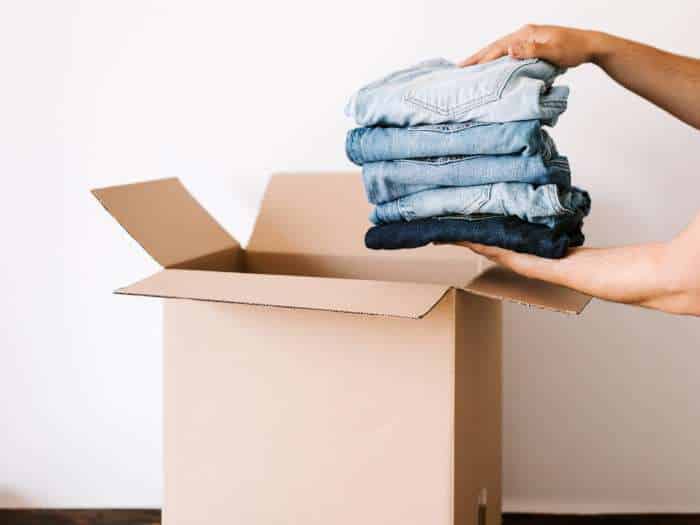
One of the most effective ways to declutter is by setting limits for different categories of items. Instead of decluttering your entire home at once, focus on specific categories like books, clothes, or kitchen gadgets. By narrowing your focus, the task becomes more manageable.
Decide how much space each category should take up, and stick to that limit. For example, I realized I only wear a few pairs of earrings, so I downsized to a small case that holds about ten. This approach helps prevent clutter from accumulating and keeps your space organized. Setting limits also encourages mindful consumption, helping you avoid bringing in more items than your space can handle.
In addition, setting limits forces you to evaluate what you truly need. When you know you only have room for a specific number of items, you naturally start prioritizing quality over quantity. This shift in mindset can help you make more intentional purchases, ensuring that everything in your home serves a purpose.
Follow the “One In, One Out” Rule
A simple yet powerful rule for maintaining a clutter-free space is the “One In, One Out” rule. Whenever you bring a new item into your home, commit to removing an old one. This can include donating, selling, or discarding unwanted items.
For example, when I bought a new pair of shoes, I made sure to donate an older pair that I wasn’t wearing anymore. This rule encourages mindful consumption and helps me keep clutter under control. Following the “One In, One Out” rule has also made it easier to manage my space over time. It prevents new clutter from building up and ensures that every item in my home has a purpose.
Beyond keeping clutter at bay, this rule can also help you save money. When you know that bringing in a new item requires letting go of something else, you’ll likely think twice before making unnecessary purchases. Over time, this habit leads to a more intentional and minimalist lifestyle, where you only keep things that truly add value to your life.
Keep Countertops Clear
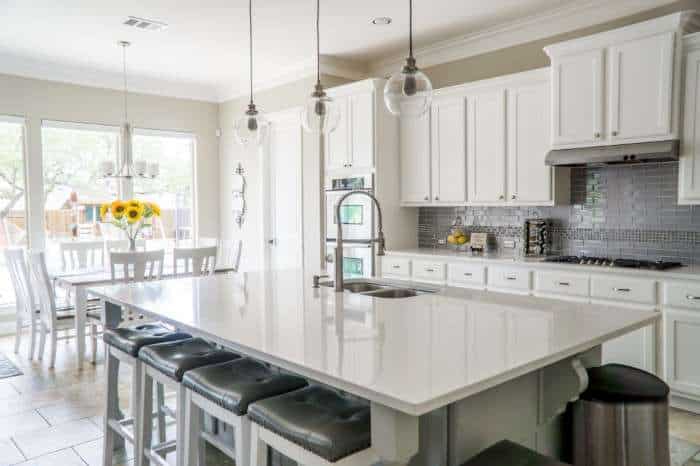
Clear countertops are key to maintaining an organized and clutter-free home. Kitchen countertops, bathroom vanities, and desks are common places where clutter tends to accumulate. By keeping these surfaces clear, you create a more visually appealing and functional space.
I use a small tray in the kitchen to hold cooking oils and salt—just the essentials. It makes cleaning so much easier. Use storage solutions like trays, baskets, or drawers to keep frequently used items out of sight but within reach.
When your countertops are clutter-free, it’s easier to prepare meals, work efficiently, or simply relax. Keeping countertops clear also reduces the need for constant cleaning, allowing you to enjoy a more streamlined daily routine.
Another great benefit of keeping countertops clear is that it improves your ability to focus. Whether you’re working from home, cooking, or getting ready in the morning, a clean and organized space allows you to complete tasks with fewer distractions. The simplicity of a clutter-free environment helps maintain a sense of calm and control in your daily life.
Create a Decluttering Schedule
Decluttering isn’t a one-time event—it’s an ongoing process that benefits from a consistent routine. For me, it’s five minutes after dinner: while my daughter puts away her toys, I tidy up the dining area and clean the kitchen. Whether it’s 10 minutes a day or a few hours each weekend, having a schedule prevents clutter from piling up and makes it easier to maintain a tidy, stress-free space.
To make decluttering more manageable, consider setting reminders or adding decluttering sessions to your calendar. I also have a monthly “expired items day” to check my pantry and refrigerator—things like sauce packs, dairy, or anything that’s been sitting around too long. It frees up space and helps keep the kitchen clean. Regularly going through old food items is also important for hygiene and making sure my family eats fresh, safe meals.
Don’t Forget Digital Decluttering

Clutter isn’t just physical—your digital space can get cluttered too. Recently, I went through my phone and deleted over 1,000 old screenshots and random downloads. It felt surprisingly refreshing. Take time to declutter your digital space by organizing files, deleting unnecessary emails, and clearing out apps you no longer use. Just Like physical mess, digital clutter builds up quickly and can drain your mental energy.
Regularly decluttering your devices helps improve your focus and makes it easier to find what you need when you need it. Consider scheduling regular digital decluttering sessions to ensure your virtual space stays as organized as your physical one. By decluttering both your physical and digital spaces, you’ll create a more harmonious and productive environment.
Digital decluttering also enhances your online security. Deleting unused accounts, managing your passwords, and clearing out old files can help protect your personal information. Keeping your digital space tidy not only improves efficiency but also ensures that your data is safe and well-organized.
Start Small and Stay Consistent
Decluttering doesn’t have to be overwhelming. Instead of tackling your entire home in one day, start small. Choose a single space—a drawer, a shelf, or a single closet—and focus on decluttering that area before moving on to another. Breaking tasks into smaller parts makes the process more manageable and helps you build momentum without feeling discouraged.
One effective way to stay consistent is to set small, realistic goals. When I first started, I picked just one drawer—the nightstand. Clearing that space gave me momentum, and later I challenged myself to donate three things a day. Over time, these small efforts build momentum and help decluttering become a sustainable habit.
Consistency is key when it comes to maintaining a clutter-free space. Making decluttering a habit rather than a one-time project ensures long-term success. Whether it’s setting a monthly reminder to go through your wardrobe or committing to decluttering one item per day, small steps can lead to big transformations.
The Long-Term Benefits of Decluttering
Decluttering is more than just tidying up—it’s about creating a home that enhances your well-being and lifestyle. A clutter-free space reduces stress, boosts productivity, and makes your home a more enjoyable place to be. By staying organized and eliminating unnecessary items, you can avoid frustration, foster creativity, and maintain a peaceful environment. Over time, decluttering leads to lasting habits and a shift in mindset toward valuing quality over quantity. You become more intentional about what you bring into your home, ensuring that every item serves a purpose or brings joy.
Beyond organization, decluttering also has financial and lifestyle benefits. Being mindful of purchases and avoiding impulse buys helps you save money and focus on what genuinely adds value to your life. A clutter-free home requires less time spent on cleaning and maintenance, giving you more time for hobbies, relationships, and self-care. For me, decluttering wasn’t just about letting go of things—it was about making room for creativity. After organizing my craft supplies, I stopped wasting time searching for tools and started actually enjoying the creative process. That small shift reminded me how even a little organization can create a more peaceful, focused environment—one that truly supports what matters most.
🧹Favorite Decluttering & Organization Hacks
- How to Organize Skincare Products for a Stress-Free Routine
- Skincare Decluttering: What Stayed and What Had to Go
- Brain Dump Technique: Simple Steps to Organize Thoughts
- Craft Organization Ideas: Simple Storage Solutions for Supplies
- Benefits of Decluttering: How a Tidy Space Can Transform Your Life
Want a clutter-free and intentional lifestyle? Explore minimalism, organization tips, and decluttering hacks to reshape your space and priorities: Browse All Decluttering & Organization Tips




